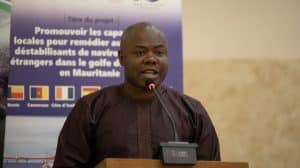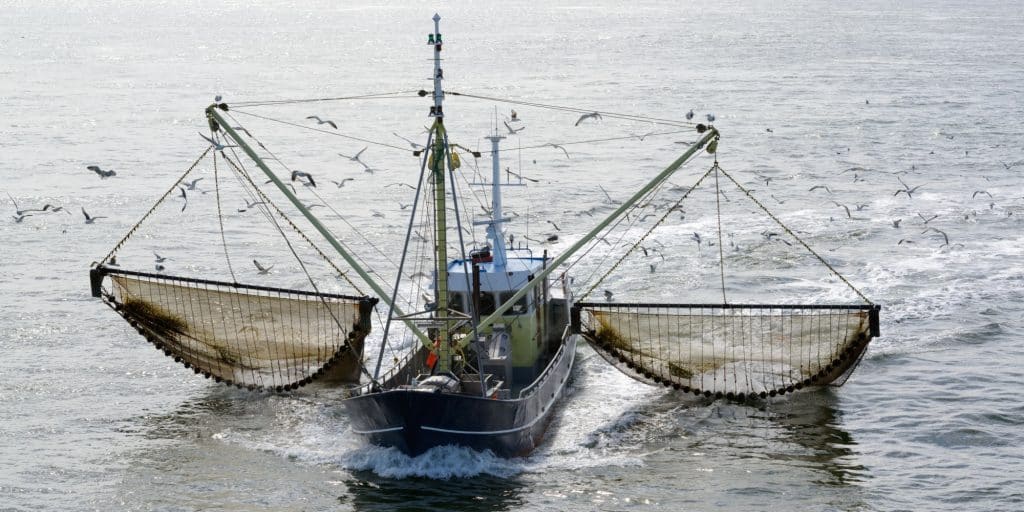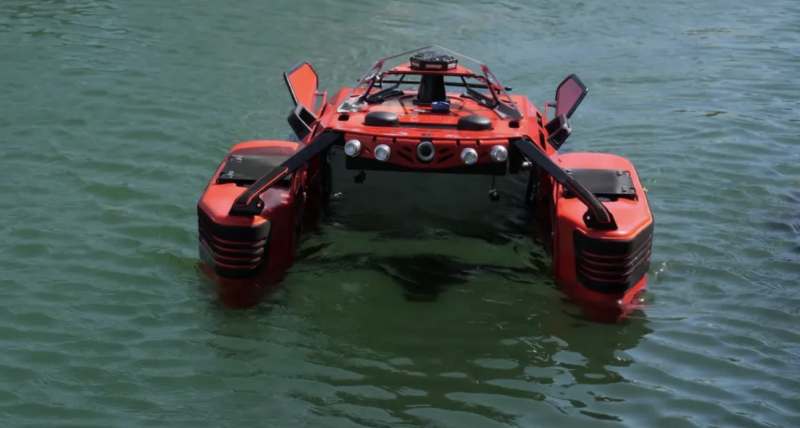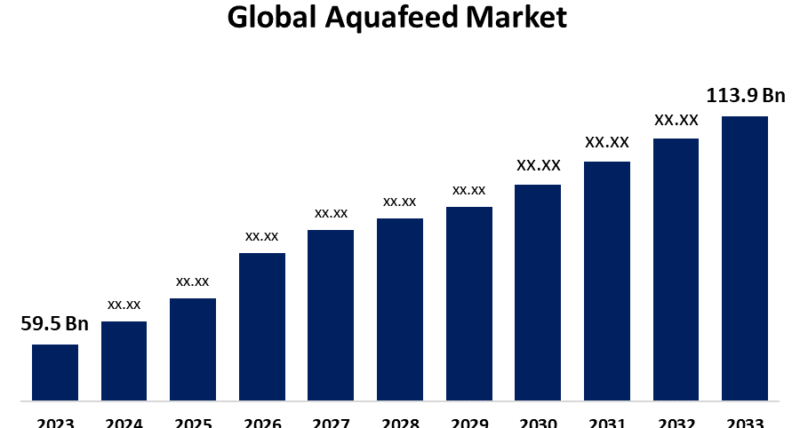On May 7, 2024, in Douala, a workshop was held to examine the impacts of distant water fishing on Cameroon. Organized by African Marine Mammal Conservation Organization (Ammco) in collaboration with CEMLAWS Africa and the Cameroonian Ministry of Fisheries and Animal Industries, this event was an important step in understanding the challenges facing the fishing sector in the country.
The project, funded by the Embassy of the United States of America in Ghana, aims to promote transparency, accountability and local capacity to address the destabilizing impacts of foreign offshore fishing vessels (DWFVs) in the Gulf of Guinea and the waters of Mauritania.
Discussions at the workshop revealed alarming data on the consequences of unregulated offshore fishing. On average, West Africa loses around 790,000 tonnes of fish per year due to illegal, unreported and unregulated (IUU) fishing, resulting in economic losses of more than $2 billion annually.
Cameroon receives a “red card”
Cameroon, in particular, has faced sanctions from the European Union (EU) over its unsatisfactory management of high seas fishing, receiving a “red card” for its lack of compliance with international standards. These sanctions were preceded by a “yellow card”, highlighting the persistent challenges facing the country in terms of governance of marine resources.
A key aspect discussed at the workshop is the concept of a “flag of convenience”, where foreign vessels are registered in a country without adequate verification of their fishing background. This allows unscrupulous vessels to evade regulations and undermine marine conservation efforts.
The urgency of nationalization of trawler owners

Aristide Takoukam Kamla, president of AMMCO
Participants also highlighted the importance of encouraging local investments in the fishing sector to ensure more sustainable and beneficial management of marine resources. “It is important to emphasize that the objective of the training was not to exclude foreign investors, but rather to encourage domestic investors to get involved in the fishing sector. The potential is real, and I am convinced that the Cameroonian economy would benefit greatly from the increased participation of national investors in industrial fishing. » explains Aristide Takoukam Kamla, president of AMMCO.
This workshop was a valuable opportunity to raise awareness about the impacts of distant water fishing and to discuss the measures needed to improve the governance of the sector. He highlighted the importance of a collaborative approach between governments, civil society organizations and private actors to ensure the sustainability and prosperity of Cameroon’s coastal communities.




